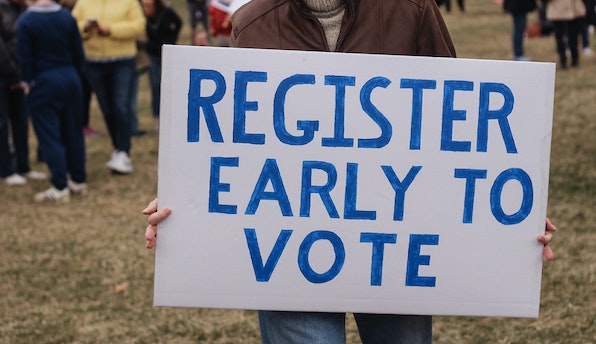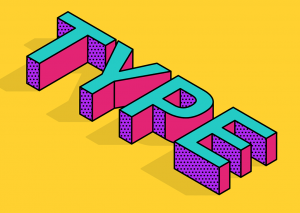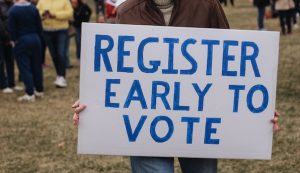When you start designing your digital strategy, think about who you are trying to reach and where do they live online as well as what platforms are people currently using to engage with you. Instead of running political advertising on every platform, you should choose the ones where you can effectively target the voters you need to win.
Digital advertising is a great way to reach more voters and amplify your other communications strategies. According to analytics company Neustar, 65% of US adults turn to digital channels for information on the election and 43% of US registered voters search for more information about a candidate after viewing a digital advertisement.
Here’s a quick overview on how to run political ads across various advertising networks. No matter which platform you choose, the key to a successful digital strategy is to target the right voters with the right message.
Political ads on Facebook and Instagram
Facebook is the number one choice for many political campaigns because of its popularity and wide reach. According to Sprout Social, Facebook is used by 69% of US adults and 74% of users are on the platform daily. Instagram is used by 37% of US adults, but the platform is popular especially among Millennials and Gen Z with 67% of 18-29-year-olds using Instagram.
If you want to run political ads on Facebook or Instagram you need to follow Facebook’s political ads policy. This includes completing an ad authorization process and adding a paid for by disclaimer on your ads. Click here to start the process. It takes approximately 1-2 weeks to get authorized so we recommend starting the process early.
Political ads on Google
Most online experiences begin with a web search. Instead of typing in your direct url, people will use Google to look up your name and campaign. Google dominates the global search engine traffic with 92.5% of the market share, so getting your ads in front of people looking up information about the election is beneficial. With Google advertising you can run search ads, display ads, or YouTube video ads.
Like Facebook, you need to get your Google ads account verified in order to run election ads. Google requires that all election ads contain a disclosure identifying who has paid for the ad. For most ad formats, Google will automatically generate a “Paid for by” disclosure, using the information provided during the verification process. The verification form is easy to fill out and Google will review the application in 3-5 business days.
In the state of California, political candidates need to provide additional information about themselves for Google’s Political Advertising Transparency Report. After your account has been verified you need to fill out a separate form and provide the committee name and identification number, disclosure name, address, and name of the treasurer.
Political ads on Twitter
Twitter announced in late 2019 that you can no longer run political ads on the platform. Twitter made the decision based on their belief that political message reach should be earned, not bought. If you want to reach people on Twitter, we recommend building a strong organic social media strategy.
Political ads on TikTok, LinkedIn, Bing, Pinterest, Twitch, or Reddit
TikTok, LinkedIn, Bing, Pinterest, and Twitch have banned political advertising on their platforms. If you’re planning to use these platforms, we recommend creating a strong organic social media strategy. Reddit on the other hand allows ads related to political issues and ads from political candidates at the federal level, but not at the state and local level.



